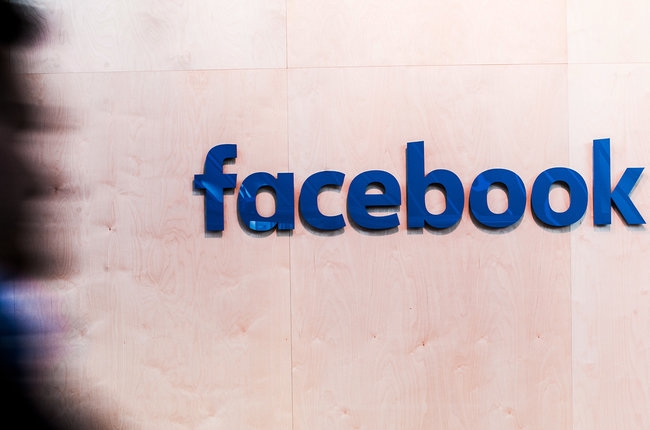Facebook was in the right when it refused to take down a page called Families Against Mikel Knight.
Knight, a country rap artist, says the page incited violence and generated death threats against him and his team after two people were killed and another was seriously injured when two separate independent contractors fell asleep at the wheel and crashed vans that they were driving across the country to promote his music and merchandise.
The musician says the page not only prompted threats, but also caused Nielsen SoundScan and the Dallas Cowboys to back out of lucrative deals with him. Knight asked the social media giant to take it down, along with two other pages, and sued after it refused, claiming the site was violating its own terms of service.
Facebook turned to the Communications Decency Act and California's anti-SLAPP statute, which brings an early end to lawsuits arising from constitutionally protected activities like free speech unless the plaintiff can show a likelihood of prevailing. The trial court dismissed claims relating to breach of contract, negligent misrepresentation and interference with prospective economic relations, finding that that "Facebook‘s website and the Facebook pages at issue are 'public forums‘" and the content of the pages address issues of public interest. It also held that the first three claims were barred by the CDA because they treated Facebook as the publisher of the content.
The trial court did allow Knight's claims alleging violation of his right of publicity and unfair competition to proceed because it felt the musician demonstrated a probability of prevailing on them because Facebook ran ads next to the pages at issue and the CDA doesn't apply to intellectual property claims.
Both sides appealed. Knight argued all six causes of action should proceed, while Facebook argued that none of them should.
The California appeals court sided with the social media giant Wednesday, affirming in part and reversing in part the lower court's decision and instructing it to grant the anti-SLAPP motion and strike the complaint in its entirety. (The full decision is below.)
The court notes that there are millions of results for Google searches regarding "tired truck drivers" and the issue of sleep-deprivation related crashes is "an issue of tremendous concern."
"[E]ven if statements in Facebook‘s terms could be construed as obligating Facebook to remove the pages — which plaintiffs have not demonstrated — it would not alter the reality that the source of Knight‘s alleged injuries, the basis for his claim, is the content of the pages and Facebook‘s decision not to remove them, an act "in furtherance of the ... right of petition or free speech," writes acting presiding justice James A. Richman.
The court also found that Facebook's community standards don't help Knight's case.
"The standards provide further guidance to users about what kind of content they can share on Facebook, and the types of discretionary actions Facebook may take with regard to content posted by others," writes Richman. "And like the terms, the community standards provide that while Facebook may remove user content, it will not always remove content that a particular user might find objectionable."
Despite acknowledging that Knight need only show a "minimum level of legal sufficiency and triability" to survive an anti-SLAPP motion, the court found his pleading didn't meet the standards. It agreed with the trial court that the CDA barred Knight's claims for breach of contract, negligent misrepresentation and negligent interference because they would require the court to treat Facebook as the "publisher or speaker" of content created by a third party.
The appellate panel found Knight's claims related to the use of his likeness, his right of publicity and unfair competition to be interrelated and analyzed them together.
"The gravamen of Knight‘s complaint is that Facebook displayed unrelated ads from Facebook advertisers adjacent to the content that allegedly used Knight‘s name and likeness — content, Knight concedes, created by third-party users," writes Richman. "He has not, and cannot, offer any evidence that Facebook used his name or likeness in any way."
The court didn't reach the social media site's arguments that the claims were precluded by the First Amendment and the CDA.
Facebook will be awarded attorneys fees and its costs on appeal.
See the decision here.








